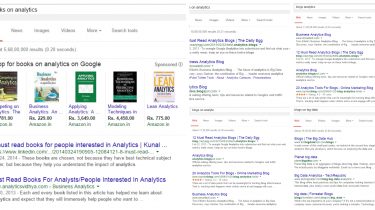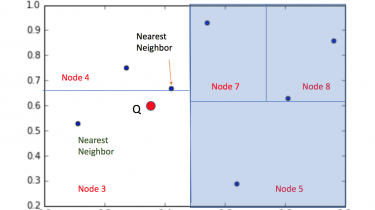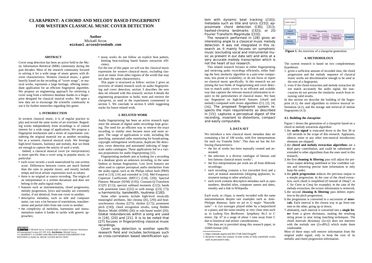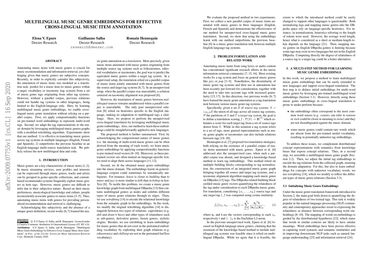Part 20: Step by Step Guide to Master NLP – Information Retrieval
This article was published as a part of the Data Science Blogathon Introduction This article is part of an ongoing blog series on Natural Language Processing (NLP). In the previous article, we completed our discussion on Topic Modelling Techniques. Now, in this article, we will be discussing an important application of NLP in Information Retrieval. So, In this article, we will discuss the basic concepts of Information Retrieval along with some of the models that are used in Information Retrieval. NOTE: […]
Read more






